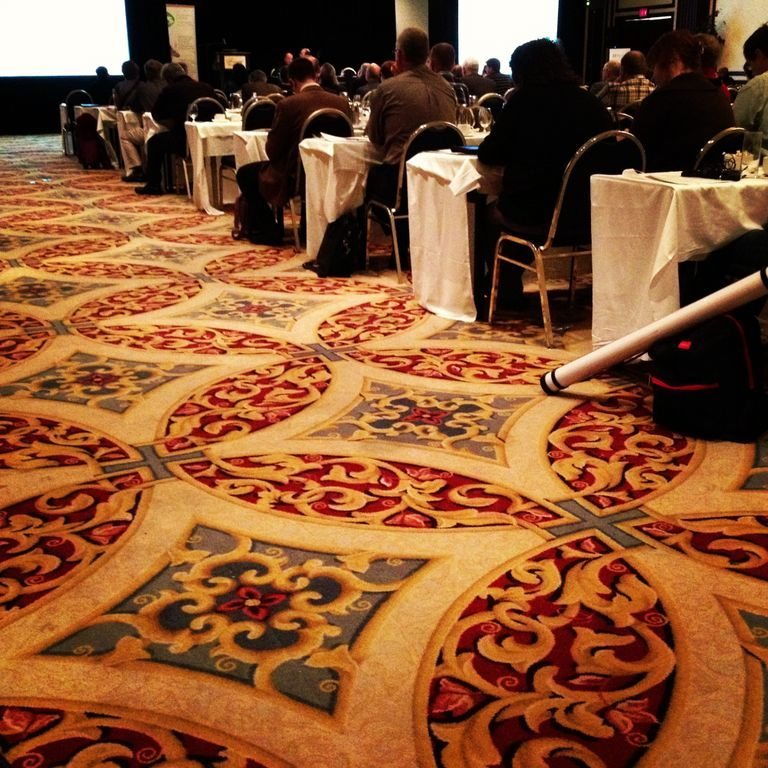It’s easy as an ag reporter to get bludgeoned into a quivering jelly of info-overload by meeting season, which occurs every year once the harvest is in and farmers and ag-types start getting bored and begin craving hotel meeting room coffee.
In the last few weeks I’ve covered meetings for the Manitoba Beef Producers, Manitoba Pork Council, Canadian Swine Health Board, the U of M’s Transport Institute, the National Weed Science Association and probably a couple of others I can’t remember. Plus I’ve been interviewing ag luminaries for our fabulous Issue 52, which comes out between Christmas and New Year’s, and talking to lots of market analysts.
Read Also

Proactive approach best bet with looming catastrophes
The Pan-Canadian Action Plan on African swine fever has been developed to avoid the worst case scenario — a total loss ofmarket access.
It can become bewildering. I go through my notebook and see vast swaths of information from experts in all sorts of areas that’s just sitting there, begging me to put it into stories for the paper. And that’s what I’m doing this week: ploughing through lots of stuff I haven’t had time to write up yet but have a few meeting-free days to deal with.
Let me lift my head up for a few seconds, on American Thanksgiving, to note one positive thing about ag: farmers have an incredible array of dedicated experts working to make prairie farming improve. I’ve dealt with a bevy of Ph.D.s, DVMs, MBAs and various Doctors of Thinkology, all of which are working on micro and macro issues of farming. I spoke last week to a woman who has done intensive work on the weediness of camelina sativa. I spoke to others about glyphosate resistance in Alberta kochia. I have spoken to many veterinarians who are experts in PRRS and other acronymic pests. I’ve quizzed port operators on grain logistics economics. Every meeting I go to there are all sorts of experts about topics, issues and problems that most people never think about. And they’re all willing to chat.
As a society we tend to take this for granted. And sometimes we’re a little blase about all the expertise we commonly see paraded before us, methinks. After all, some of the experts are involved in making money off of us, so it ain’t charity. And some work for government, and that isn’t exactly charity either.
But while we take it for granted, we really shouldn’t. Lots of countries don’t have nearly the vast array of expertise we find so abundant. We compare ourselves to the United States or Europe and feel average and ordinary, but 90 percent of the world doesn’t have the resources we have close to hand. I doubt Argentine farmers have anywhere near the professional and academic resources we’ve got here, and that’s an advanced industrial country. Algeria’s a relatively advanced country, but I doubt durum growers have cutting edge knowledge, equipment and management expertise to call on like we do. In places like Zambia or India, I expect expertise and resources exist, but are rather thinly spread and hard to access when needed. For farmers in places like Zimbabwe, they’re pretty much on their own.
So I think we should be thankful when we go to meetings and see a dozen Ph.D.s wandering about, accessible and willing to talk to farmers. And we should be thankful we can pick up the phone and get expertise fast.
And we should take advantage of the meetings we’re lucky enough to have, even if after a dozen or two of them some of us are sick to death of hotel coffee, conference room lighting and uncomfortable meeting hall chairs. We’d be a lot worse off without them.


















